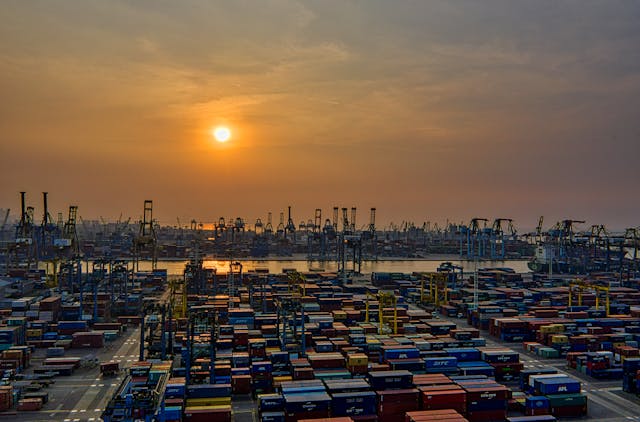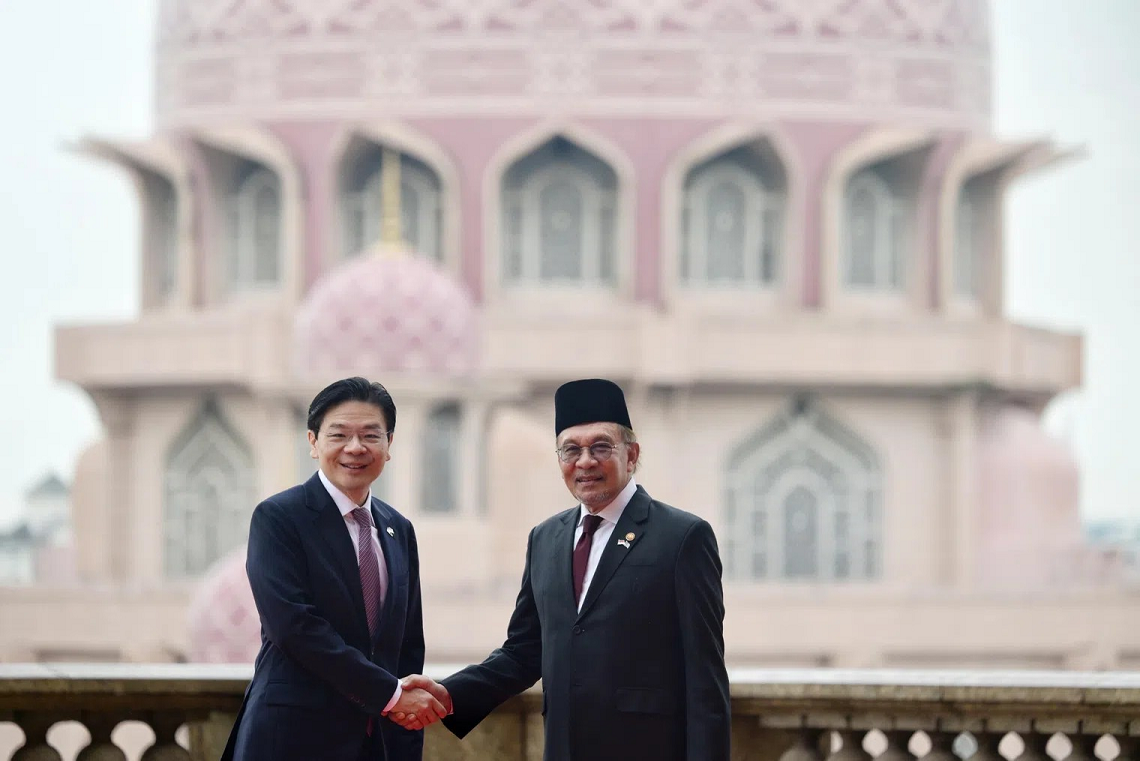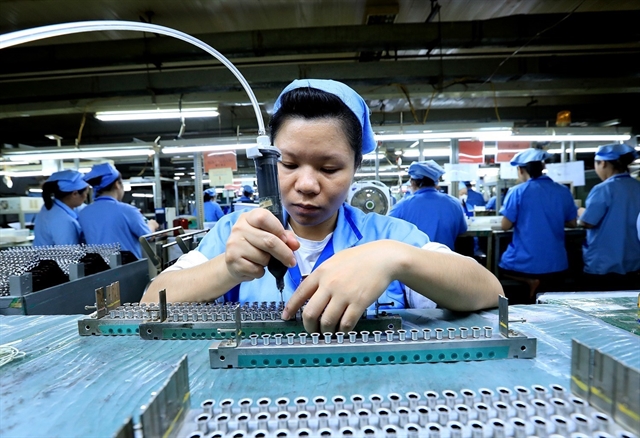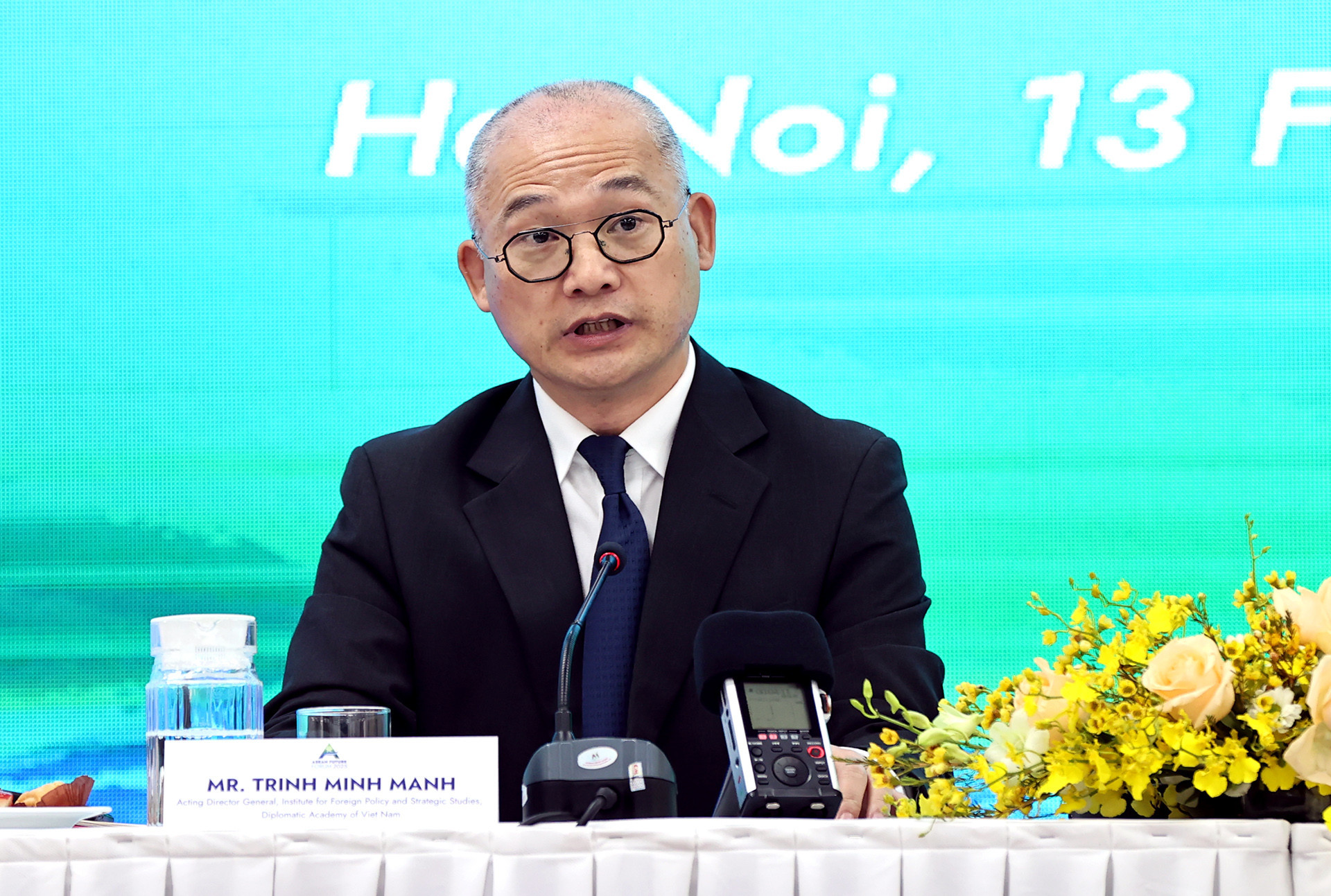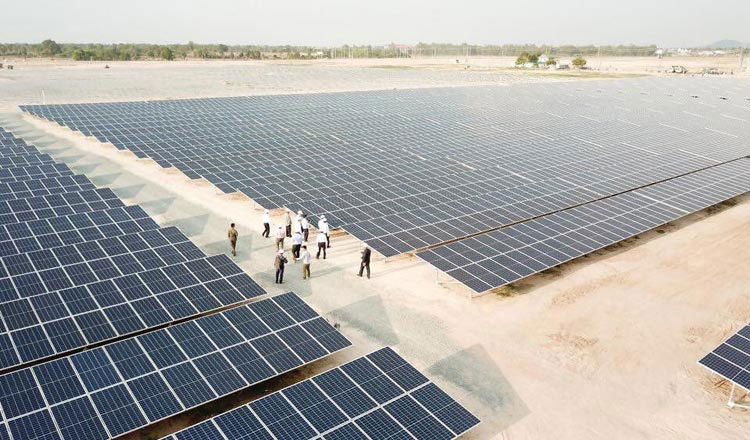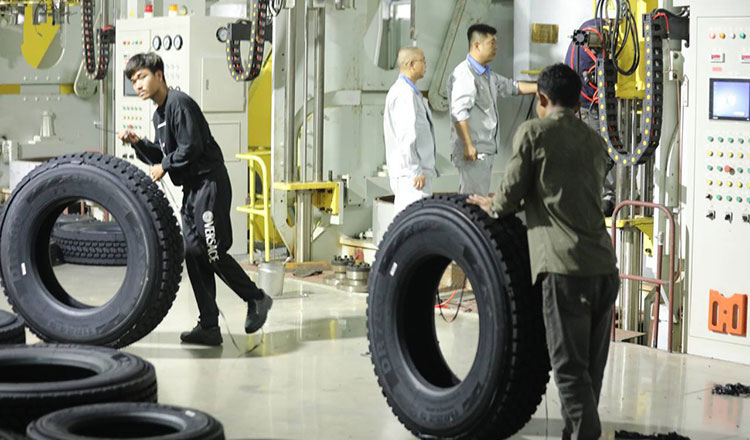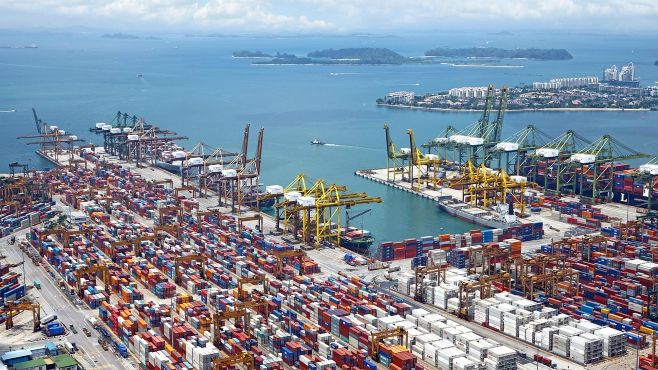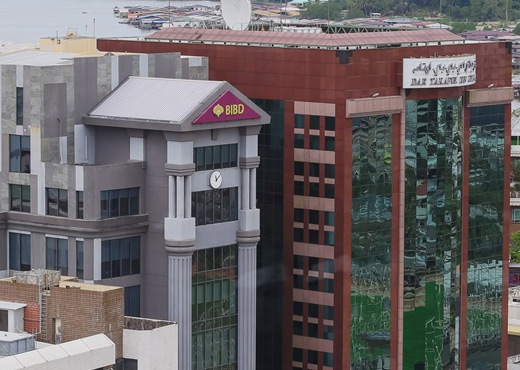EVEN as small and medium-sized enterprises (SMEs) grapple with rising business costs, they must continue to position themselves for long-term growth by expanding overseas and investing in upskilling, said Koh Kar Siong, DBS’ managing director and group head for corporate and SME banking.
The Covid-19 pandemic previously pushed many enterprises to strengthen their foundations, especially in digitally transforming their operations, he told The Business Times in an interview ahead of Budget 2025.
But SMEs are facing a new set of pressing challenges today, he pointed out, adding that the business environment has become increasingly uncertain amid global leadership changes and geopolitical tensions.
More businesses are also struggling to manage the rising costs of goods due to supply chain disruptions, and will have to either absorb these costs or pass them on to their customers.
SMEs must therefore re-evaluate their business models to ensure they remain resilient and relevant for the future, said Koh.
“Businesses can ask themselves: ‘Is there anything else we can do to make ourselves stronger and better, so as to tackle any other changes, disruptions and uncertainties that come along?’”
Managing costs, going global, upskilling
This current state of play has informed Koh’s personal wish list for Budget 2025; he hopes to see the government help SMEs to address immediate challenges and to position them for “long-term strategic play”.
First on his wish list is an extension of the corporate income tax rebate introduced in Budget 2024, as well as a higher cap. This will provide SMEs some short-term relief in battling rising costs, he noted.
Last year, companies were granted a rebate of 50 per cent of tax payable – capped at S$40,000 – for the year of assessment 2024, under the S$1.3 billion Enterprise Support Package rolled out for businesses.
Second, he is suggesting that more funding be handed out to support enterprises’ internationalisation efforts.
This includes increasing the quantum of the Market Readiness Grant (MRA), which helps SMEs to defray up to half of their eligible costs. The grant is currently capped at S$100,000 a company, for business activities related to overseas market promotion, business development and set-up.
Koh urged SMEs to set their sights abroad, given the limited size of Singapore’s domestic market.
He noted that regional markets such as Indonesia, Vietnam and India hold plenty of opportunities for SMEs to capture, particularly in the logistics, technology and renewable-energy sectors.
The upcoming Johor-Singapore Special Economic Zone will also pave the way for Singapore and Malaysia to capitalise on their complementary strengths and create cross-border business opportunities for their home-grown enterprises, he said.
For one, Singapore SMEs can tap Johor’s abundant land resources, raw materials and lower operating costs, while contributing skilled talent and know-how to the market. He added that Budget 2025 could also give a broad indication of possible tax incentives SMEs can expect for the zone.
Third, human capital development must go hand-in-hand with the reinvention of business models, said Koh.
“To reinvent your business model, you need to ensure that your workforce is ready for the change,” he said. “You will need the right people to help you carry through with the transformation.”
He noted that many SMEs continue to be bogged down by short-term cost challenges and are caught between tending to present survival and planning for the future.
Some business owners are concerned about productivity dropping in the short-term if they send employees for training, he said. And after these workers have upgraded their skills, the bosses worry about them being poached by their competitors.
“There’s always this fear, but you need to start somewhere,” he said. “For a company that has achieved sustainable growth and a strong culture, there’s no reason why staff would leave; instead, they will want to stay on and grow with you.”
He calls for a mindset shift: SMEs need to see upskilling and reskilling as long-term investments to help their workers to stay relevant, especially amid technological disruptions such as generative artificial intelligence (AI).
On that note, he hopes Budget 2025 will extend the validity of the SkillsFuture Enterprise Credit (SFEC) and Senior Employment Credit (SEC) beyond 2025. These schemes are set to expire by end-June and end-December, respectively.
Under the SFEC scheme, eligible employers receive a one-off S$10,000 credit to cover up to 90 per cent of out-of-pocket expenses on enterprise or workforce transformation initiatives.
The SEC provides wage offsets to employers who hire and retain Singaporean employees aged 60 and above and who earn up to S$4,000 a month.
Private sector needs to play a role
Koh acknowledged that the government cannot be expected to shoulder all the responsibility of supporting SMEs; the private sector also has a role to play in helping SMEs make sense of the available government grants and existing initiatives out there, he said.
Unlike large corporations, SMEs need more hand-holding and “a nudge” to get moving. Many lack the resources to navigate the landscape of grants and schemes on their own, as they run manpower-lean operations and are tied up with managing day-to-day operations.
Fostering more public-private partnerships can help in this area, said Koh. For instance, SMEs can stand to benefit from structured and hands-on programmes, especially in emerging areas such as sustainability and AI.
Last year, DBS partnered Enterprise Singapore (EnterpriseSG) to launch the ESG Ready Programme, which offers practical guidance and tools to help companies build sustainability into their business models.
Response so far has been encouraging, noted Koh. Over 250 SMEs from a range of sectors – including construction, manufacturing and wholesale and retail – have registered for the ESG Ready programme since its launch in April 2024.
More recently, the bank worked with EnterpriseSG and the Infocomm Media Development Authority to roll out the Spark GenAI programme in November 2024.
The programme aims to foster AI adoption among SMEs by teaching them potential use cases of GenAI, and how to incorporate such solutions into their business operations. It will also facilitate access to government grant support in adopting these solutions.
Said Koh: “More can be done to encourage other large private-sector players to step up to support SMEs. We have a role to play, and we hope that we can contribute to the ecosystem.”
Source: The Business Times (Link HERE)

